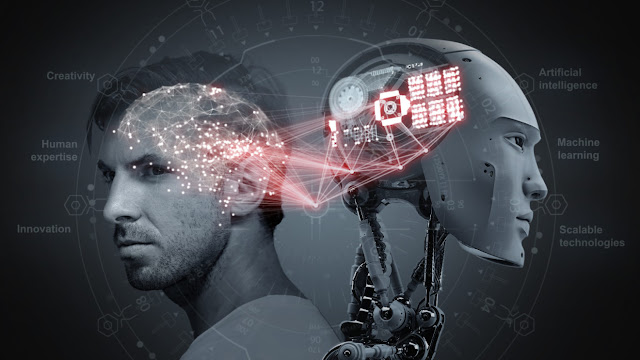Will AI replace the need for software developers?
While AI has made significant advancements in various domains, it is unlikely to completely replace the need for software developers in the foreseeable future. AI and machine learning technologies have undoubtedly automated certain aspects of software development and increased productivity in areas like code generation, testing, and bug detection. However, software development is a multifaceted field that requires a combination of technical skills, problem-solving abilities, creativity, and domain knowledge.
Complexity and Creativity: Developing complex software systems often involves solving intricate problems that require human creativity, critical thinking, and decision-making. AI excels at automating repetitive tasks and processing large amounts of data but may struggle with abstract thinking and problem-solving in novel situations.
User Interaction and Experience: Software development often involves designing user interfaces, understanding user requirements, and creating intuitive user experiences. This requires empathy and an understanding of human behavior, which AI may not fully replicate.
Adaptability and Learning: Software development is an ever-evolving field with constantly emerging technologies and paradigms. Developers need to continuously learn and adapt to new tools, frameworks, and programming languages. While AI can assist in automating certain tasks, developers must possess the ability to learn and apply new knowledge effectively.
Ethical and Social Considerations: Developing software involves ethical decision-making, privacy concerns, and social implications. These aspects often require human judgment and a deep understanding of societal values, which AI may struggle to grasp.
Collaboration and Communication: Software development projects often involve teamwork, collaboration, and effective communication. Developers work closely with clients, stakeholders, and other team members to understand requirements, resolve issues, and ensure successful project outcomes. Human-to-human interaction remains crucial in such scenarios.
Instead of replacing software developers, AI is more likely to augment their capabilities and streamline certain aspects of the development process. AI can assist with tasks like code generation, automated testing, and data analysis, enabling developers to focus on higher-level design, architecture, problem-solving, and innovation. Ultimately, the partnership between AI and software developers can lead to more efficient and effective software development practices.
In conclusion, while AI has the potential to automate certain aspects of software development, it is highly unlikely to completely replace the need for software engineers. Software development is a multifaceted field that requires a combination of technical expertise, problem-solving skills, creativity, and domain knowledge. AI excels at automating repetitive tasks and processing large amounts of data but may struggle with abstract thinking, creativity, and decision-making in novel situations.
Software engineers play a critical role in designing, developing, and maintaining complex software systems. They possess the ability to understand user requirements, design intuitive interfaces, make ethical decisions, and collaborate effectively with stakeholders. Additionally, software development is a continuously evolving field, and engineers must adapt to new technologies, frameworks, and paradigms.
Rather than replacing software engineers, AI is more likely to augment their capabilities and streamline certain aspects of the development process. AI can assist with tasks like code generation, automated testing, and data analysis, enabling engineers to focus on higher-level design, problem-solving, and innovation. The collaboration between AI and software engineers can lead to more efficient and effective software development practices.
In summary, while AI will undoubtedly impact the field of software development, it is unlikely to eliminate the need for skilled software engineers. The human element, with its unique cognitive abilities, creativity, and adaptability, remains essential in driving innovation and ensuring the success of complex software projects.




.png)
.jpg)
Comments
Post a Comment